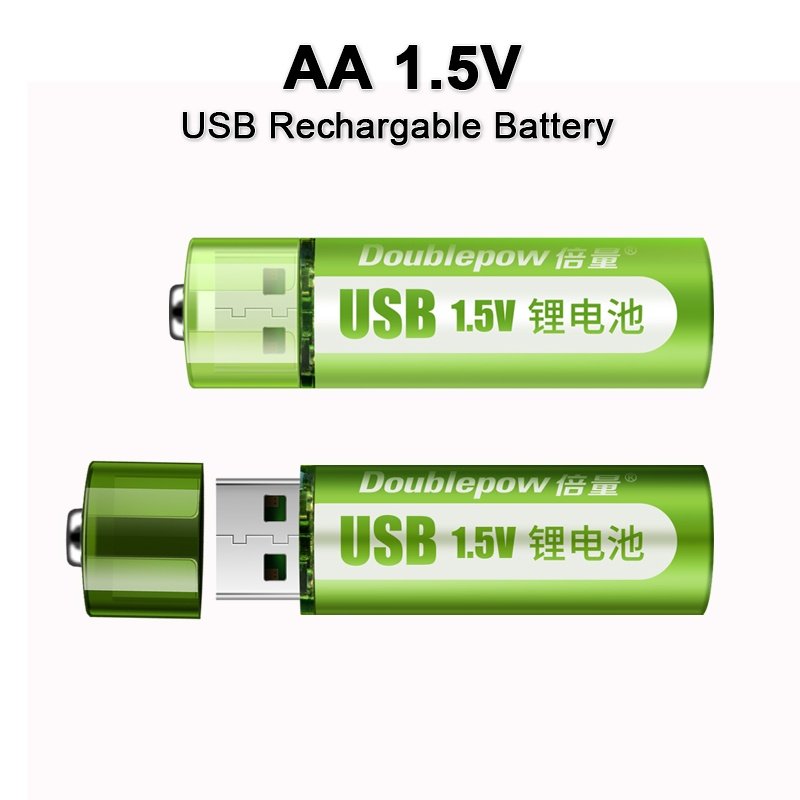Fast charge lithium battery 1800mWh
Maintaining lithium batteries can be very challenging and sometimes financially demanding in Nigeria.
Whether you are a photographer with very demanding needs for lithium batteries or you are just using them for domestic needs, the need to replace them often arises and most times, it can be very challenging due to the following reasons
1. Unreliable Power Supply
One of the most significant challenges is the inconsistent and often unreliable power supply. Frequent power outages and fluctuations can severely impact the recharging process, leading to incomplete charges and potentially damaging the batteries.
Impact:
- Battery Degradation: Repeated power interruptions can cause batteries to degrade faster.
- Increased Costs: Consumers might have to rely on alternative power sources like generators, which increases the cost of recharging.
2. High Cost of Renewable Energy Solutions
Solar panels and other renewable energy solutions are viable alternatives to the unreliable grid. However, the high initial cost of installation and maintenance can be prohibitive for many Nigerian households and businesses.
Impact:
- Limited Adoption: High costs limit the widespread adoption of these technologies, making consistent recharging difficult.
- Economic Barriers: The high cost adds an economic barrier to accessing reliable energy.
3. Infrastructure Deficiencies
Even when power is available, the infrastructure to support widespread recharging of lithium batteries is often lacking. This includes a shortage of public charging stations and inadequate electrical installations in homes and offices.
Impact:
- Limited Accessibility: Users may struggle to find convenient places to recharge their devices.
- Safety Concerns: Poor electrical infrastructure can pose safety risks, including electrical fires.
4. Environmental Conditions
Nigeria's hot climate can adversely affect the performance and lifespan of lithium batteries. High temperatures can accelerate battery degradation and increase the risk of overheating.
Impact:
- Reduced Efficiency: Batteries may not hold charge as effectively in high temperatures.
- Safety Risks: Overheating can lead to safety hazards, including the risk of fire or explosion.
5. Lack of Technical Expertise
There is a shortage of technical expertise and knowledge regarding the proper use and maintenance of lithium batteries. This gap can lead to improper charging practices, which can further reduce battery life and efficiency.
Impact:
- User Errors: Misuse and improper maintenance can cause battery failure and safety issues.
- Training Needs: There is a need for better education and training on battery care and usage.
USB port. It can be charged hundreds of times, saving you money, and helping to reduce environmental waste.

The Fast Charge Lithium Battery is great for use with a wide range of devices, including computers, cameras, remote control cars, MP3 players, and much more. Its perfect design, green environmental profile, and portable nature make it a must-have for anyone who wants a reliable and convenient power source.
So why wait?













No comments: